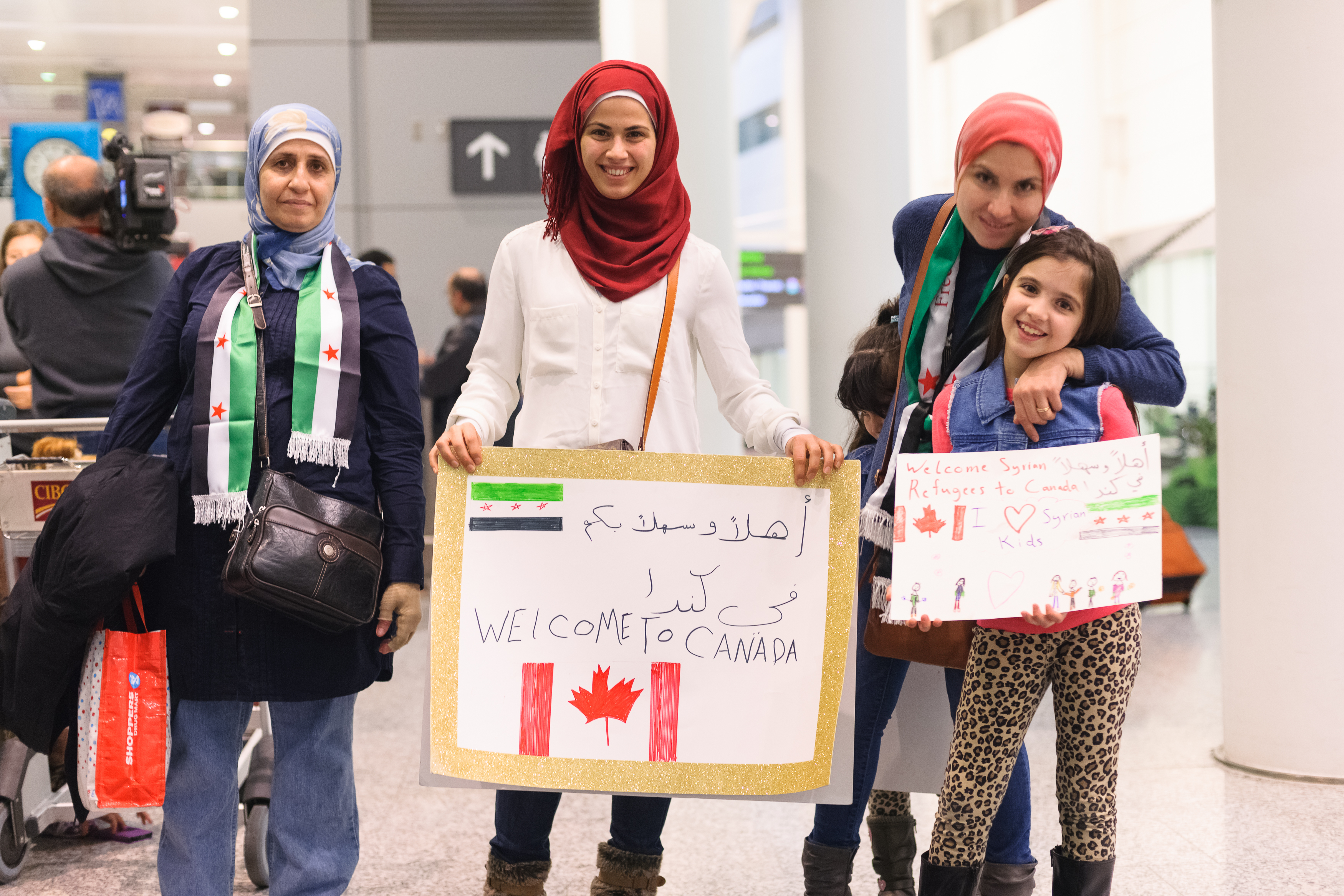Part of the Food Policy Snapshot Series
Policy Name:
Community Food Works for Newcomer Settlement
Location:
Toronto, Canada
Population: 2.8 million (World Population Review, 2016)
Overview:
Community Food Works was developed in 2014 to provide the education and skills necessary for low income residents of Toronto to achieve gainful employment in the food industry. In addition to experience and vital networking opportunities, participants receive a Food Handler Certificate, putting them on the right path to employment. The Community Food Works for Newcomer Settlement program extends that program to recent newcomers to Toronto, particularly immigrants and refugees.
Progress to date:
The pilot program was widely considered a success and received the top score in the 2017 Milan Urban Food Policy Pact Awards, granting the city of Toronto an endowment of €15,000.
Program/Policy Initiated:
Three pilot groups became the first participants in the program in 2016/2017.
Food policy category:
Food services
Social and economic equity
Program goals:
The program seeks to:
- Increase participants’ knowledge in food skills, safety, and nutrition.
- Enable participants to receive a Food Handler Certificate.
- Provide participants with the necessary skills to gain employment in the food industry.
How it works:
In November 2015, a large number of Syrian refugees began to arrive in Toronto after fleeing the deadly conflict in their home country. Many of these refugees had skills, knowledge, and experience in working with food, but they lacked the proper documentation for food-related work in Canada. This prompted Toronto Public Health to extend its Community Food Works program to include additional resources for newly arrived immigrants and refugees.
Classes are offered in community kitchens located in community centers, community health centers, churches/faith centers, at some schools, and community hubs. The course consists of five classes, each of which lasts for four hours. Students must attend all five classes in order to be eligible for certification.
Topics of instruction include proper food handling techniques, temperature control, cleaning and sanitizing, and inspection and legislation. Attendees also hear talks from past participants in the program and take the Food Handlers Certificate exam.
Why it is important:
According to the Government of Canada, refugees are entitled to income support under the Resettlement Assistance Program (RAP). The amount that each family receives depends on a variety of factors such as location and family size, but the total amount, particularly in cities with high housing costs such as Toronto, can leave families struggling to make ends meet.
An article in the Canadian newspaper, The Globe and Mail, shows the difficulties that refugees face, including insufficient resources, language barriers, expensive rent, and racial prejudice. Furthermore, refugees lose access to RAP after one year, making employment a top priority.
A study from the University at Buffalo supports the above claims and emphasizes the structural barriers to employment faced by refugees. The Community Food Works for Newcomer Settlement program helps refugees overcome some structural barriers while building social networks within the food industry.
Evaluation:
Toronto Public Health conducts surveys to evaluate the program’s effectiveness. The first three pilot groups in 2016/2017 contained 52 participants. Of those, 90% obtained their food handler certificates, 82% reported increased knowledge in food skills and nutrition, and 25% obtained employment after graduating.
Learn more:
https://www.toronto.ca/legdocs/mmis/2017/hl/bgrd/backgroundfile-107950.pdf
Point of Contact:
Toronto Public Health
Similar practices:
Many governments have agencies dedicated to aiding newly arrived refugees in finding employment, but Toronto’s program is quite unique in its directed focus on the food industry and Food Handler Certification. However, some similar programs exist in the private and nonprofit sectors. New York City’s Eat Offbeat is a catering service that employs refugees from Nepal, Iraq, Eritrea, and many other countries. Also in New York, Emma’s Torch provides refugees with culinary training, English language courses, and other job-finding skills. Hmong American Partnership has announced its plan to create jobs for Southeast Asian refugees and immigrants as part of its social enterprise, Tapestry Restaurant.
References:
https://worldpopulationreview.com/world-cities/toronto-population
https://www.cic.gc.ca/english/helpcentre/answer.asp?qnum=098&top=11
https://www.sciencedirect.com/science/article/pii/S000187911730132X
https://www.toronto.ca/legdocs/mmis/2017/hl/bgrd/backgroundfile-107950.pdf


